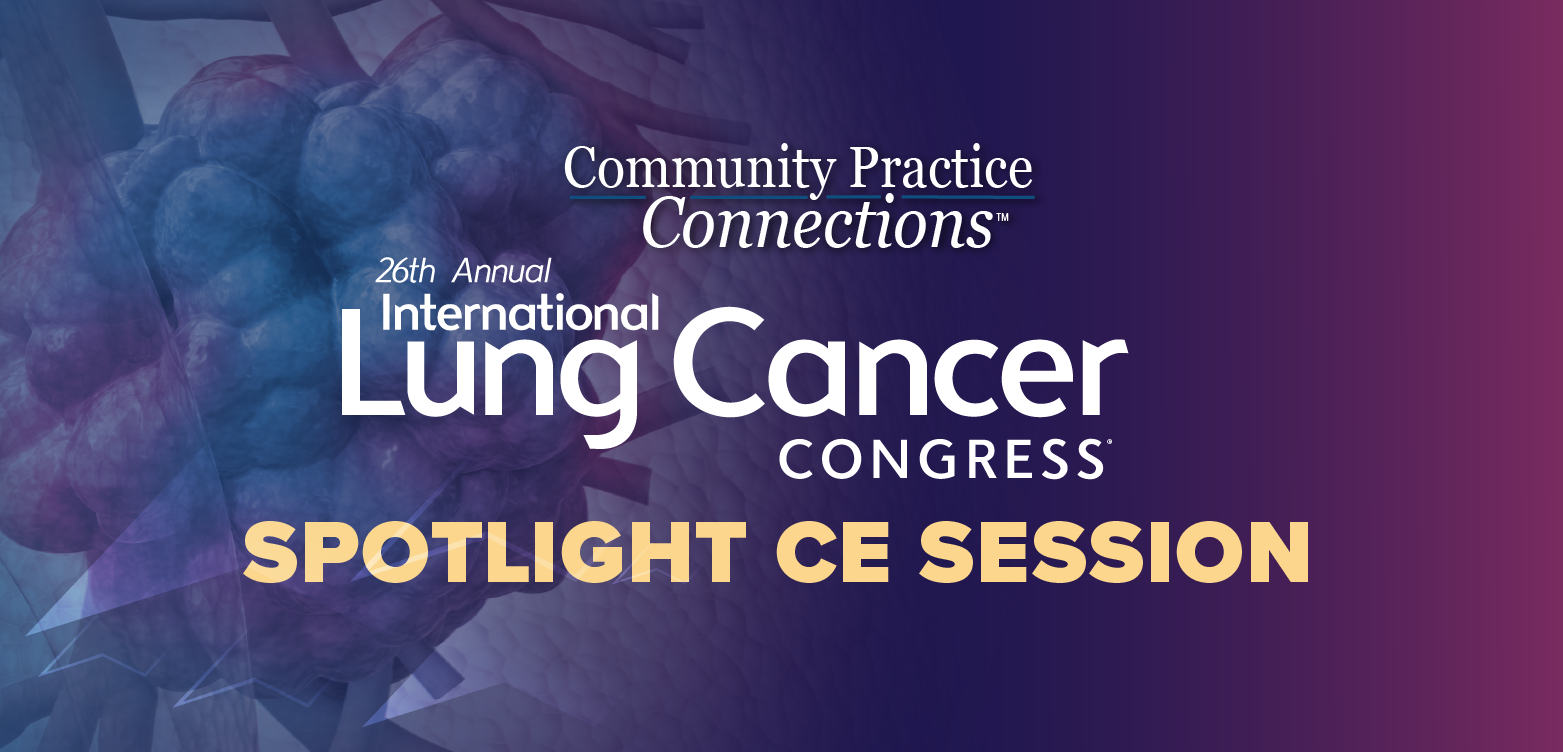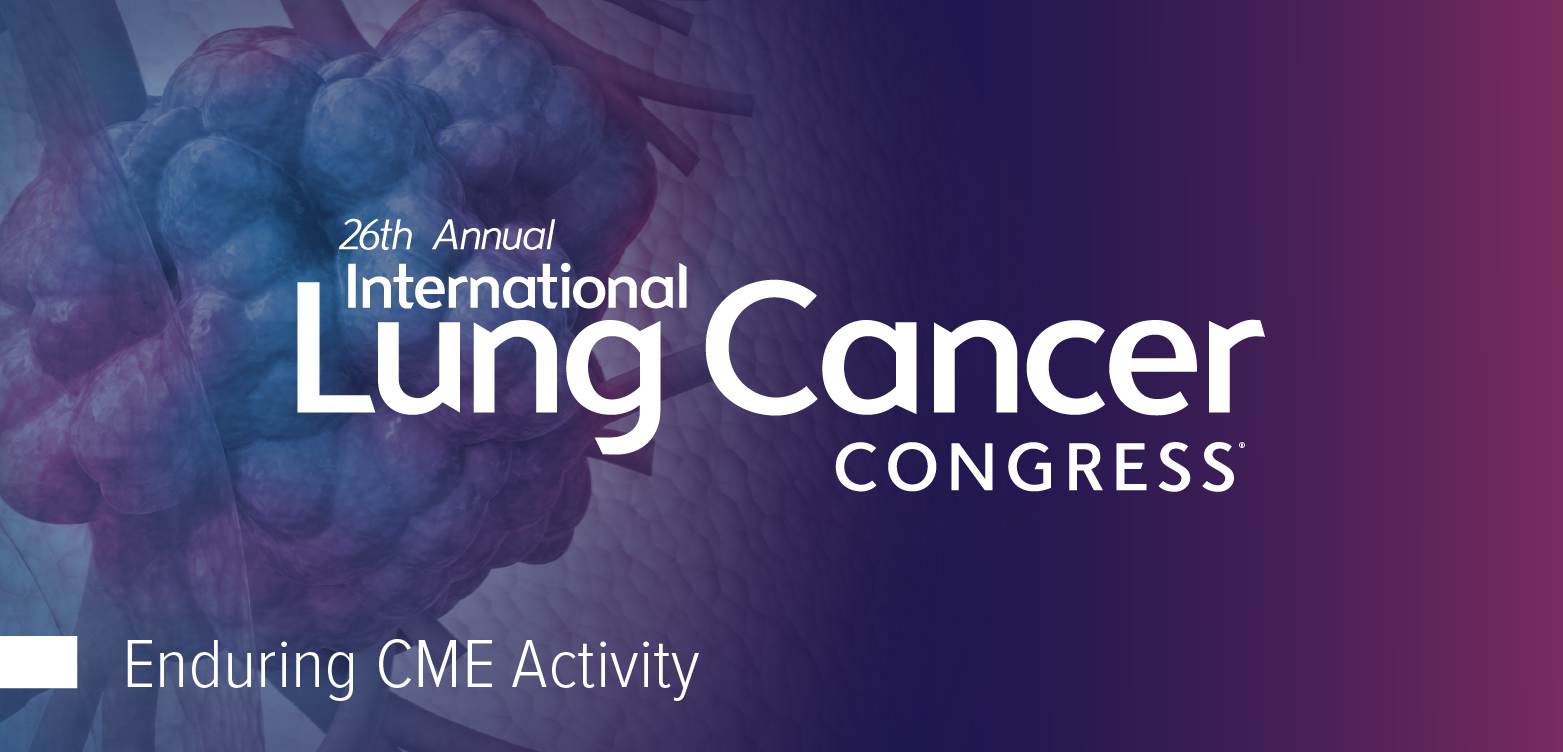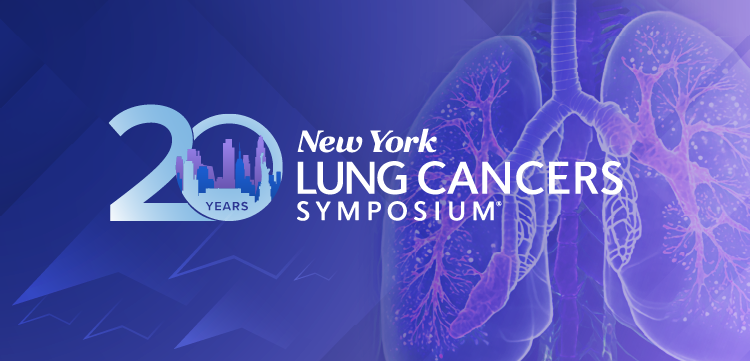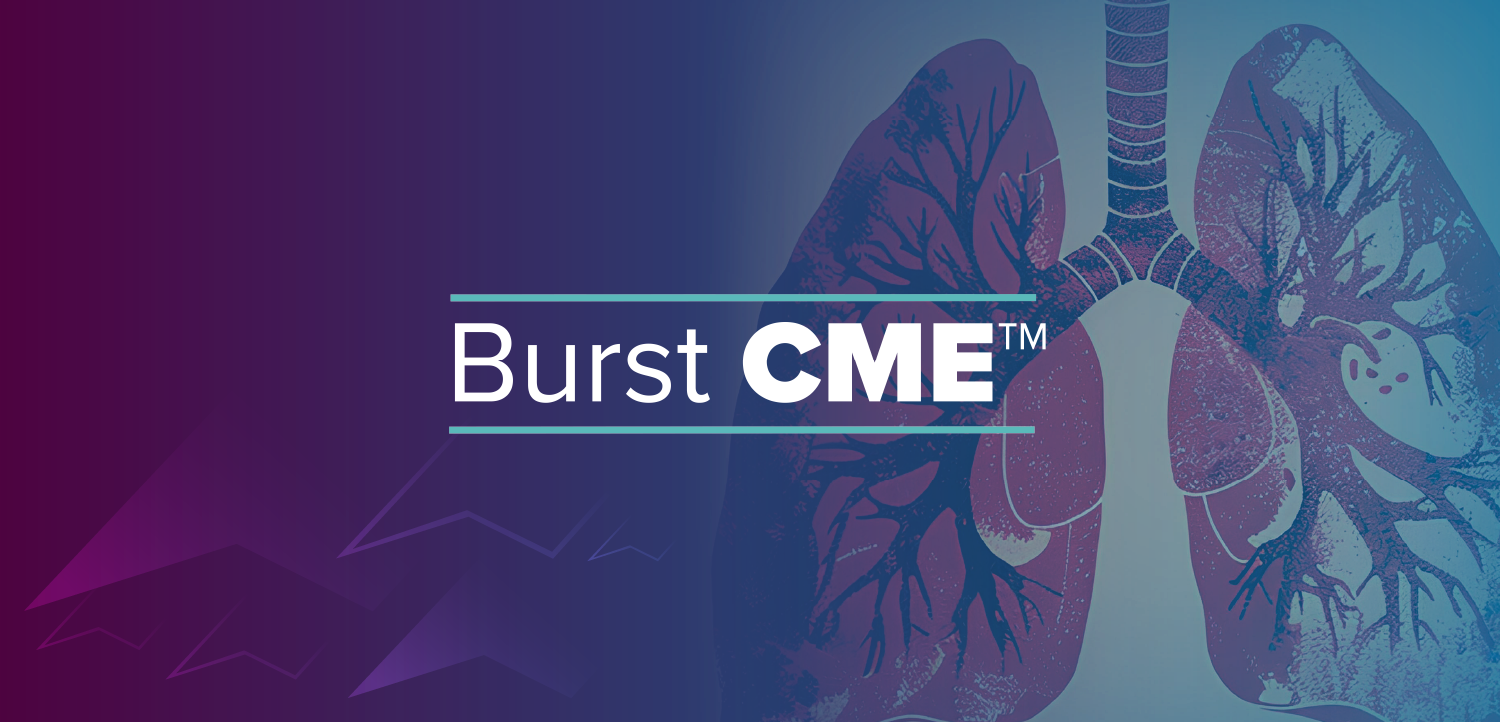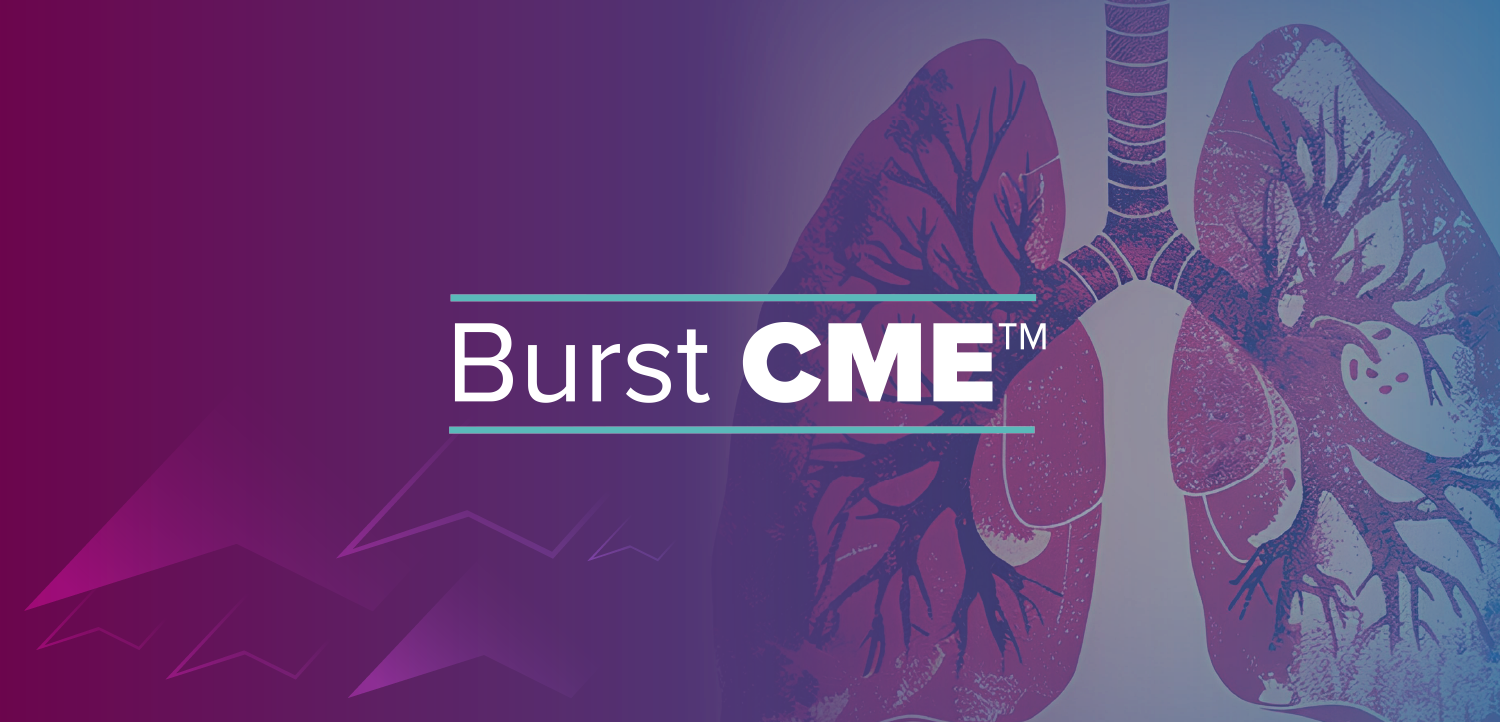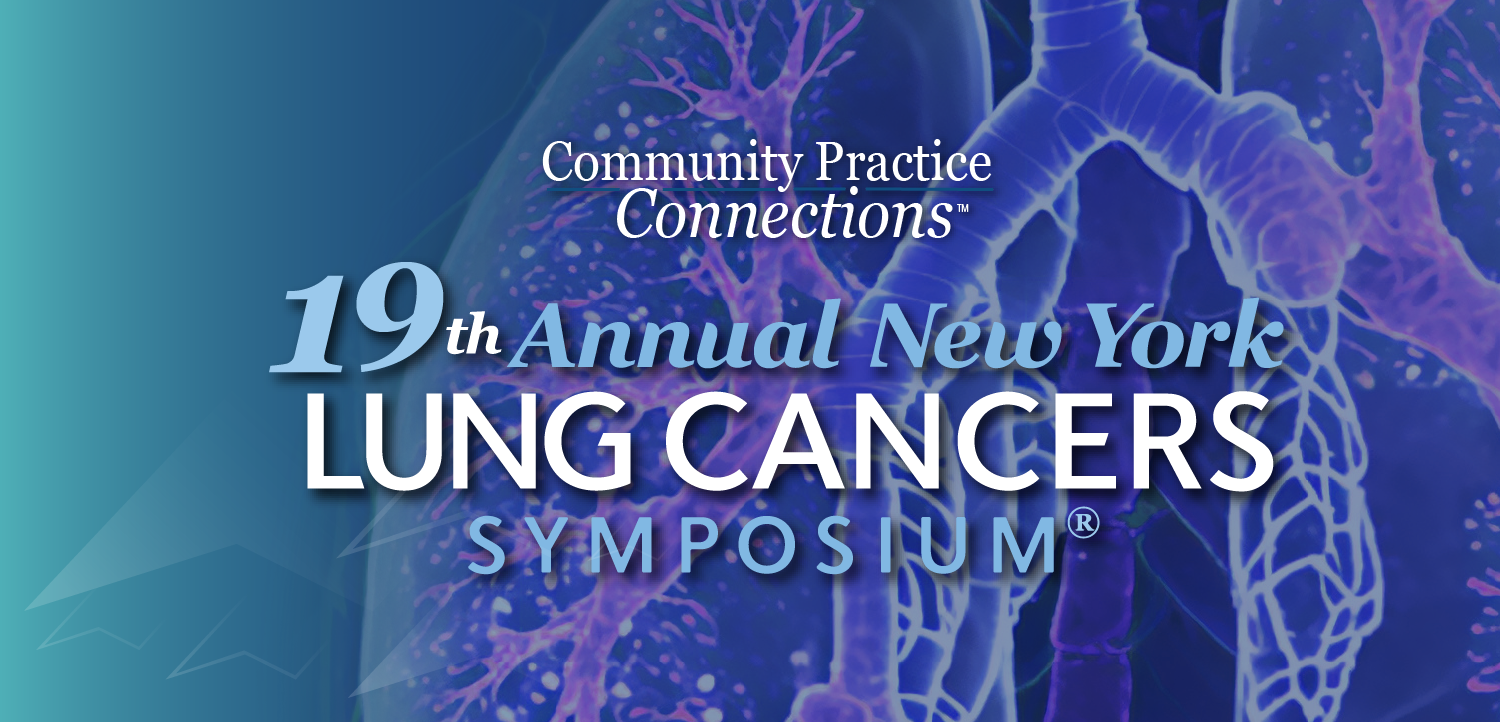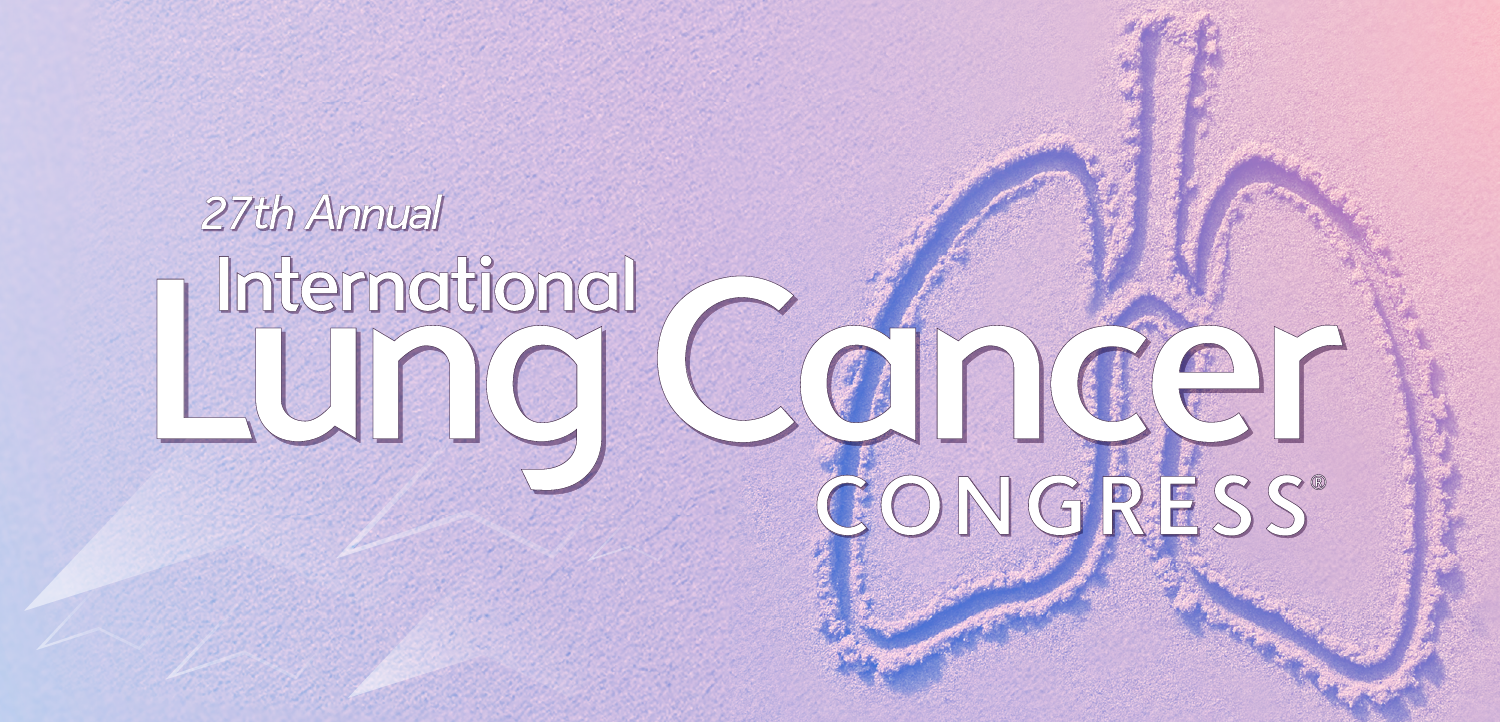
Payers strategize to manage opioid use
How managed care organizations manage opioid utilization and some of the limitations to those management strategies was a hot topic at the AMCP Annual Meeting.
How managed care organizations manage opioid utilization and some of the limitations to those management strategies was a hot topic at the AMCP Managed Care & Specialty Pharmacy Annual Meeting, in Denver.
LenzKimberly Lenz, PharmD, clinical pharmacy manager, University of Massachusetts Medical School and Tyson Thompson, PharmD, clinical consultant pharmacist, University of Massachusetts Medical School, spent time discussing recommendations from the AMCP Addiction Treatment Advisory Group during their March 28 session, “Tackling the Opioid Epidemic and Addiction Treatment: A Managed Care Approach.”
Relatively common payer strategies to address opioid utilization include prior authorization on certain formulations/products, quantity limits, dose limits, controlled substance “lock-in” programs, and restrictions on the use of multiple short-acting or multiple long-acting opioids, Thompson told Managed Healthcare Executive.
ThompsonMost traditional utilization management strategies have limitations, some more significant than others, he said. “If strategies are overly restrictive, access to appropriate pain management can be impeded.”
Many management strategies used to promote safe opioid use can simply be skirted if the patient pays out of pocket, said Thompson.
“There are also instances where a plan may try to manage a specific product that is popular for recreational use, and the utilization may simply shift to a different formulation or product, having minimal impact on reducing recreational use of that opioid,” he said. “There are plenty of examples of limitations of utilization management strategies, so it is important for the payer to be cognizant of these and at times, be more creative in its approach.”
Different approach
“What our program does [at University of Massachusetts Medical School] that I feel is fairly unique is use our multidisciplinary team to collaborate with prescribers on appropriate opioid utilization,” said Thompson.
The program, dubbed the Opioid Therapeutic Class Management Workgroup or TCM Workgroup, is made up of the University of Massachusetts Medical School medical director (a practicing internist), the clinical pharmacy manager for University of Massachusetts Medical School Medicaid client, a board-certified psychopharmacology pharmacist, an operations pharmacist and two clinical consultant pharmacists.
“Our workgroup meets to discuss complex member cases that arise from our opioid prior-authorization process,” Thompson said. The purpose of the case discussions is to develop individualized plans to address specific issues noted for each member discussed. The plans formulated often include prescriber outreach to establish a collaborative relationship to work toward more appropriate pain management strategies or to gather more information regarding the current treatment(s).”
Another way that the TCM Workgroup drives appropriate pain management is by identifying problematic use patterns in individual or group practices that have potential to benefit from targeted outreach.
AMCP advisory group
The AMCP Addiction Treatment Advisory Group (ATAG), created in 2015, is comprised of AMCP members and non-members, including behavioral health organizations, outpatient treatment centers, nonprofit advocacy groups, health plans, pharmacy benefit managers, manufacturers, and pharmacies, with expertise in addiction treatment.
“Our goal is to work steadily to evaluate gaps and barriers to treatment,” Lenz, who is an ATAG member, told Managed Healthcare Executive. “In doing so, our objectives are to identify areas with the greatest potential to significantly improve patient outcomes, develop recommendations to remove barriers, improve processes and modify systems that allow for improved outcomes, and serve as advocates in adopting our recommendations, including the development of educational programs.”
Healthcare executives should compare this guidance to those within their own organization, Lenz said. “Looking for opportunities to break down organizational barriers to treatment will drive better outcomes for their members/patients.”
One of the most important ways to improve access is to overcome known barriers, according to Lenz. “These may include ensuring that management tools do not unjustly limit a comprehensive approach; other areas include ensuring that guidelines are evidence based, reduce patient out-of-pocket expenses, and educate providers and managed care professionals about ways to minimize stigma.”
Newsletter
Get the latest industry news, event updates, and more from Managed healthcare Executive.













